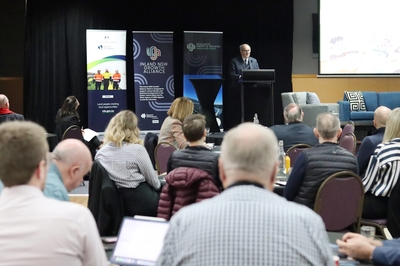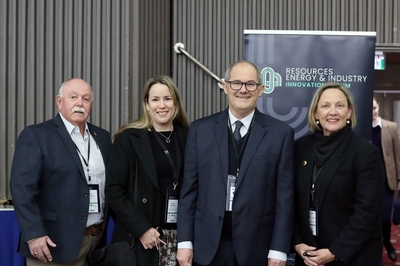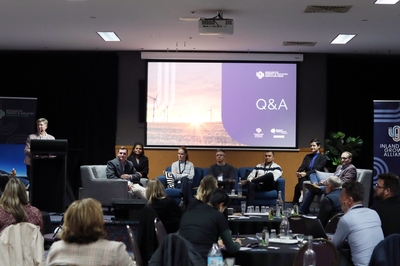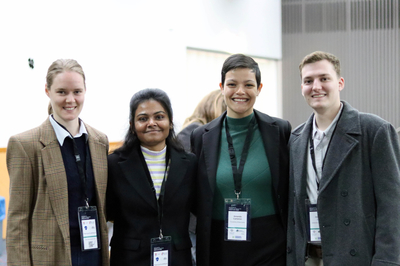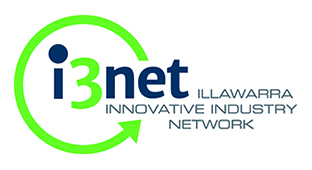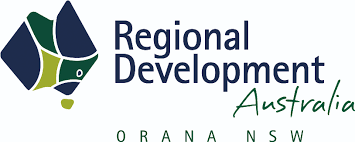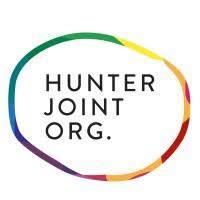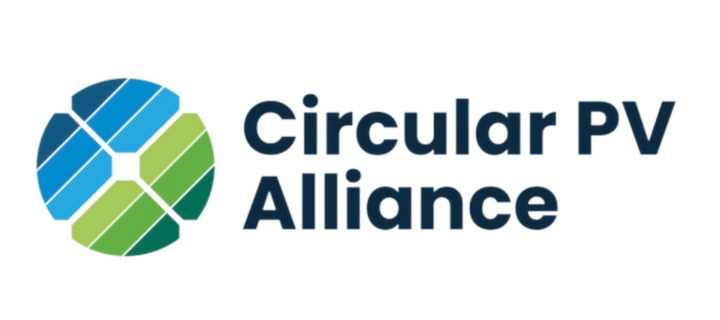The 2024 Resources Energy and Industry Innovation Forum
The three-day Forum in Dubbo was an excellent opportunity for locals and visitors to connect with industry experts and explore the latest innovations and practices in the energy and resources industries. Collaborative opportunities allowed participants to work together to identify opportunities and challenges on the big issues affecting communities now and in the future.
Overview
The third annual Resources Energy and Industry Innovation Forum (REIIF) brought together key industry leaders, regional stakeholders, and investors to discuss the future of resources, mining technologies, renewable energy innovation, world-class industry practice, and future skills and opportunities for the Orana and Central West regions of NSW. More than 40 speakers presented to an audience of 250 people over the three-day event.
The Forum was developed in partnership with Regional Development Australia (RDA) Orana and the Association of Mining and Energy Related Councils (MERC) NSW, along with the support of five corporate sponsors.
The Knowledge Hub was a major supporter of the event and assisted with promotion and coordination of speakers and content. Sessions coordinated through the Knowledge Hub included:
‘Enablers for Impact’ Session
The Enablers for Impact session brought together experts from both the University of Newcastle and Beyond Zero Emissions to explore the key enablers and opportunities for the region. The session was facilitated by Newcastle Institute for Energy and Resources (NIER) Executive Director, Professor Alan Broadfoot who explained how researchers at NIER are working with industry partners to strengthen regional resilience through the delivery of sustainable solutions for global challenges. The audience heard about current work in addressing the social challenges and opportunities for regional communities, and how regions could build on their existing strengths to take advantage of emerging opportunities and projects.
Prof Broadfoot’s presentation was about research impact and how to build resilient communities. He provided an overview about the NIER precinct, which is a 3.8 ha industrial innovation precinct supporting industry-focused applied research, demonstration and training.
University of Newcastle Institute for Regional Futures Consultant, Dr Jai Cooper spoke about empowering communities and generating social impact across regions. Jai explained the success of the Hunter Insight Series which revealed key perspectives of Hunter residents, with local views compared to those in other regional areas and metropolitan areas. He also discussed the Regions Matter program, which is an Australia-wide research program examining why people choose to live and work in regional Australia. The research examines people’s perspectives about their futures and the future of their region, and how these are shaped by the activities of government, industries and communities
Beyond Zero Head of Engagement, Beth Mitchell and Senior Project Manager, Sam Mella shared their insights on building strength and the key enablers for impactful change. Beth explained research findings that showed growing just five onshore cleantech supply chains - solar, wind, batteries, heat pumps and commercial EVs - could generate $215 billion in domestic revenue and create up to 53,000 new jobs by 2035. Sam explained how the Central-West Orana region as a renewable energy zone and mining and agricultural centre could make the most of Australia’s clean technology opportunities.
‘Energy’ Session
NSW Decarbonisation Innovation Hub hosted the Energy session. Session speakers discussed the decarbonisation of global economies and the emergence of carbon offsets through land use trade-offs in agriculture, attendees heard about community benefits from the Central West Orana Renewable Energy Zone, how reducing carbon emissions can be achieved while creating jobs, economic growth and how one local government was building legacies for the community from the energy transition.
Facilitators for the Energy session were Business Development Manager EES Network Mark Lewis and Research Partnership Development Manager LPI Network Dr Liz Smith.
Mark spoke about the Electrification and Energy Systems (EES) Network Hub, highlighting the economic benefits of electrification. He also discussed a community engagement/social licence stewardship pilot proposal and the Seed Grant Scheme.
Land and Primary Industries (LPI) Network Research Partnership Development Manager Dr Liz Smith addressed the audience about the LPI network explaining that it consolidated industry, government, community and research expertise in emissions reduction, fostering innovation and growth of commercialisation and technology growth. Liz detailed some of the on-ground projects that were currently underway and how they could be implemented in the Orana region.
‘Industry’ Session
University of Newcastle Doctoral Training Centre PhD candidates had the unique opportunity to pitch their innovative thesis topics during the Industry Session, addressing the challenges and needs of the future energy and resources sector.
- Jackson Lee is developing electrochemical methods to recycle end-of-life Solar panels and recover valuable materials including silicon, silver and copper.
- Amanda Cameron is looking at battery technology and innovations to improve sustainability and charge in order to optimise industrial capacitors.
- Gamsavi Kanagasundaram is looking at stability models for highwalls in mining, to ensure their stability after mining operations cease, leading to safer and more environmentally friendly landscapes.
- Sophie Nichols is conducting research into mine voids in the Hunter Valley, to inform perspectives of mining impacts, landscape transformation, and future possibilities for restoration and rehabilitation.
The opportunity for these DTC candidates to present their research in this forum was an invaluable experience with a captivated regional audience showing a lot of interest in the students’ research.
These experiences for students are thanks to the NIER Doctoral Training Centre's (DTCs) whose students are provided access to initiatives, expertise, contacts and programs to enhance their doctoral training experience with sector engagement, transferrable experience and skills, and industry exposure.
